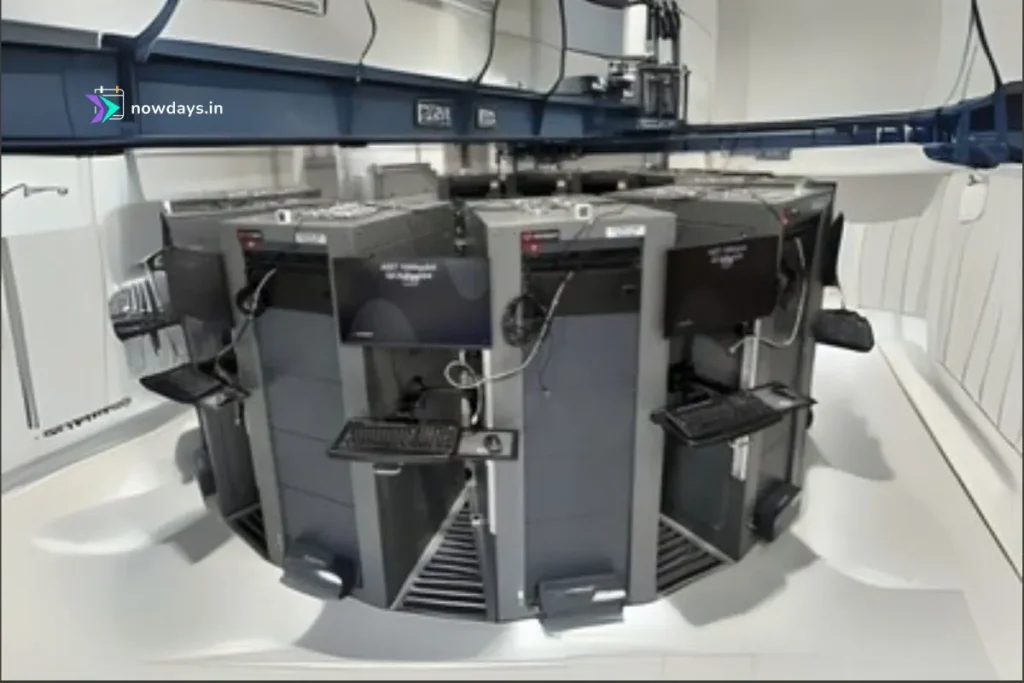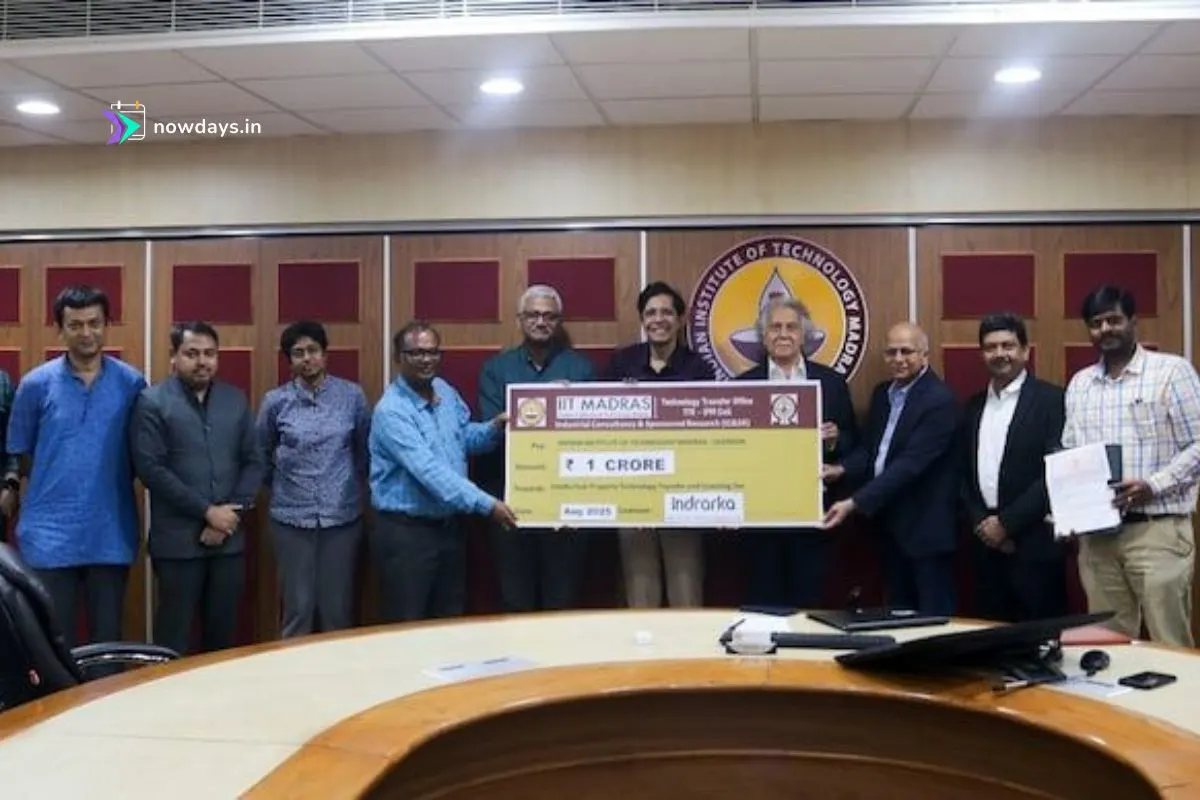In a groundbreaking advancement for India’s quantum technology landscape, the Indian Institute of Technology (IIT) Madras has created and licensed the nation’s inaugural high-speed quantum random number generator utilizing silicon photonics. This innovation, which promises to enhance secure communications and data protection, was transferred to a domestic firm in a deal valued at one crore rupees, marking a key milestone in translating academic breakthroughs into practical applications.
The Breakthrough: From Lab to Market
The device, engineered at IIT Madras’s Centre for Programmable Photonic Integrated Circuits and Systems, represents a leap in quantum security tools. It generates truly random numbers essential for encryption, leveraging the unpredictable nature of quantum mechanics through silicon-based photonic components. This approach ensures high-speed performance while maintaining compactness and efficiency, making it suitable for integration into various systems.
The licensing agreement was inked with a Bengaluru-based startup specializing in quantum solutions, allowing for commercial rollout. Initial prototypes have already been supplied to defense research entities, where they’ve been tested for advanced cryptographic uses. An upgraded version is now operational at a Chennai-based organization focused on electronic security, demonstrating its readiness for real-world deployment.
Institute leaders described the technology as a vital step toward self-reliance in critical areas like defense and finance. The project’s lead researcher emphasized its potential to support sectors requiring robust randomness, such as secure key generation and simulations.
Key Features and Applications
This quantum random number generator stands out for its silicon photonics foundation, which combines light-based processing with traditional electronics for faster, more reliable outputs. Unlike conventional methods that can be predictable, this system harnesses quantum entropy for unbreakable randomness.

Its applications span multiple fields:
- Defense and cybersecurity, where it strengthens encryption against hacking.
- Financial services for secure transactions and blockchain integrity.
- Scientific modeling and gaming, ensuring unbiased randomness.
The technology aligns with India’s push for quantum supremacy, complementing initiatives like the National Quantum Mission, which aims to invest billions in related research by 2030.
Expert Opinions: A Leap for Indigenous Quantum Tech
Academics and industry figures have hailed the achievement as a symbol of India’s growing prowess in advanced technologies. A senior official from the electronics ministry praised it as a “source of national pride,” noting its role in bolstering quantum cryptography amid rising cyber threats. “This indigenous solution positions us as leaders in secure communications,” the official stated during the licensing event.
Researchers involved in the project highlighted its market potential, estimating that silicon photonics could drive a multi-billion-dollar industry by 2030. In discussions on platforms like LinkedIn, experts underscored the device’s scalability, saying it paves the way for broader quantum integrations in everyday devices.
YouTube channels focused on tech innovations, with videos garnering thousands of views, feature analyses praising the cost-effectiveness. One expert commented, “By using silicon, IIT Madras has made quantum tech more accessible, potentially revolutionizing data security in a way that’s both efficient and affordable.”
Critics, however, point to challenges like integration with existing systems and the need for robust testing. A policy analyst in a Hindustan Times column argued that while promising, widespread adoption requires government support to bridge the gap between’hyphen;delimited’quot;research from other sources.
Analyzing the Innovation: Opportunities and Hurdles
This development bolsters India’s quantum ecosystem, potentially attracting investments and fostering startups in the field. Economically, it could contribute to the nation’s goal of becoming a quantum hub, with projections suggesting the sector could add billions to GDP by decade’s end.
Yet, hurdles remain: High development costs and the need for skilled talent could slow progress. Experts recommend increased funding and collaborations to overcome these, ensuring the technology reaches its full potential.
As IIT Madras pushes boundaries, this quantum generator not only secures data but also signals India’s readiness to lead in the next tech frontier. With licensing complete, the focus now shifts to deployment, promising a more secure digital future for all.












